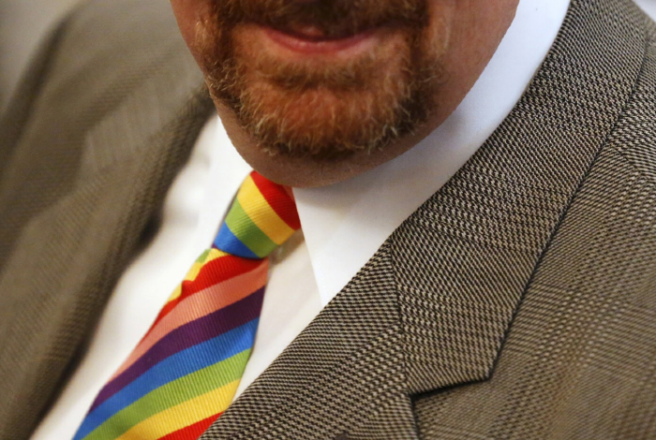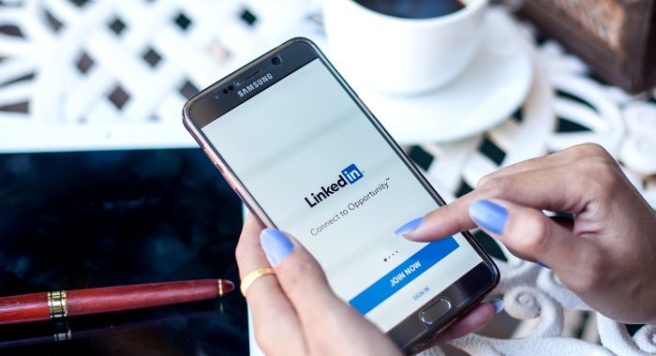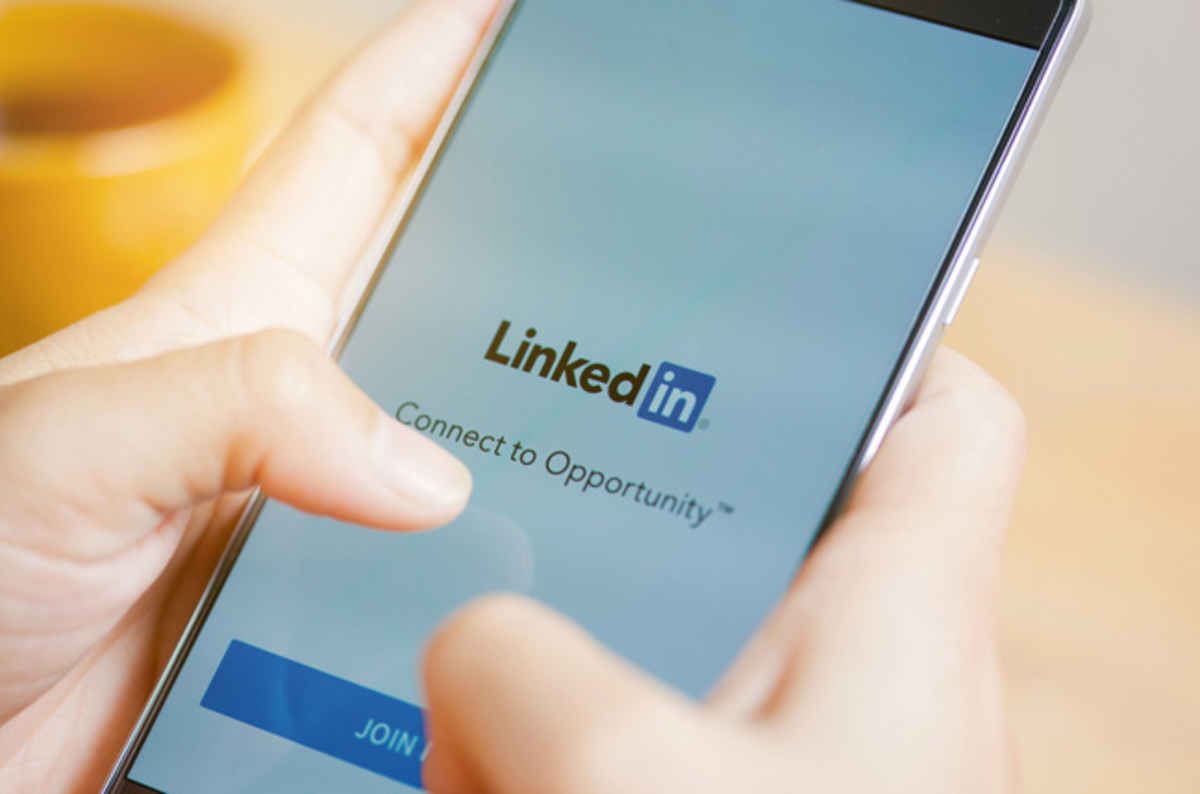
Study shows LGBTQ+ employees on average are paid 16% less
A recent YouGov study has revealed that employees who are part of the LGBTQ+ community have annual salaries of roughly 16 percent less than their straight, non-trans (cisgender) colleagues.
The discrepancy adds up to about £7,000 per year, or €7,800. The study of UK workers was conducted by LinkedIn in partnership with Black Pride, and 4,019 workers took part.
The income gap was calculated by asking participants about their Gross Personal Income, with 2,154 straight, non-trans participants and 1,863 LGBTQ+ respondents.
LGBTQ staff take home on average £6,703 less per yr than their straight counterparts according a YouGov survey. It found the shortfall equivalent to a pay gap of 16%, almost 2x the 9.6% gender pay gap. It also found a 1/4 of LGBT+ workers would not reveal their sexuality at work
— ADJ Business (@ADJBusiness) July 2, 2019
The total earnings of both groups were compared, including salary, wages and rent before tax deduction. Unsurprisingly, homophobic activity is still fire in the workplace, according to the data.
28 percent of LGBTQ+ respondents said they are not out at work because of the fear of judgement, and 47 percent of these employees had no plans to come out in the future.
35 percent of LGBTQ+ participants in the study claimed to have witnessed homophobia at work, and 21 percent had experienced personal verbal abuse at work.

Other findings included the fact that female LGBTQ+ employees are actually more likely to hide their sexual orientation at work than men, and 14 percent of LGBTQ+ professionals feel their chances of promotion would be less likely if they came out at work.
Phyll Opoku-Gyimah, Executive Director and Co-Founder of Black Pride, emphasises the importance of continuing to fight for equality;
"Whilst it's brilliant to see research like this highlighting the conversation, it's vital that there is change in the day-to-day cultures of companies to help LGBTQ employees feel comfortable at work, including those of colour that may also be experiencing discrimination and racism." she says.
It's clear there are still substantial issues which hinder LGBTQ+ professionals, and it's morally right to have an equal working environment for all.
















